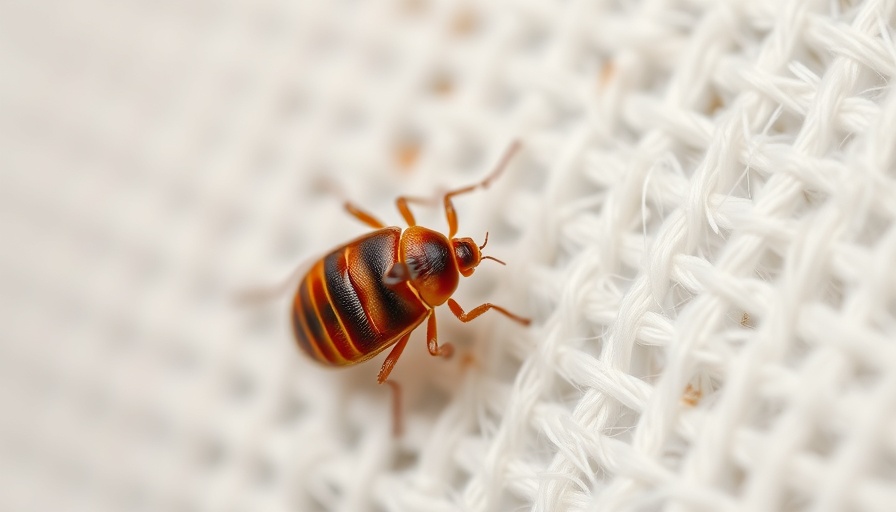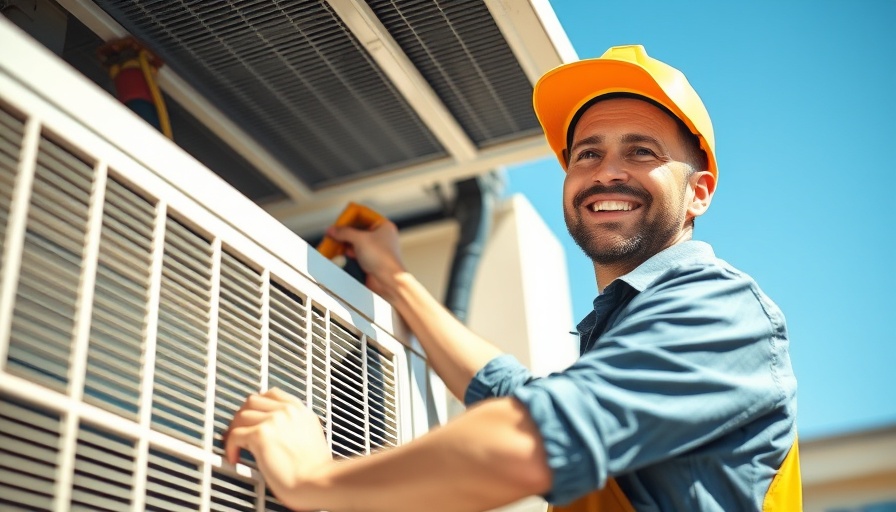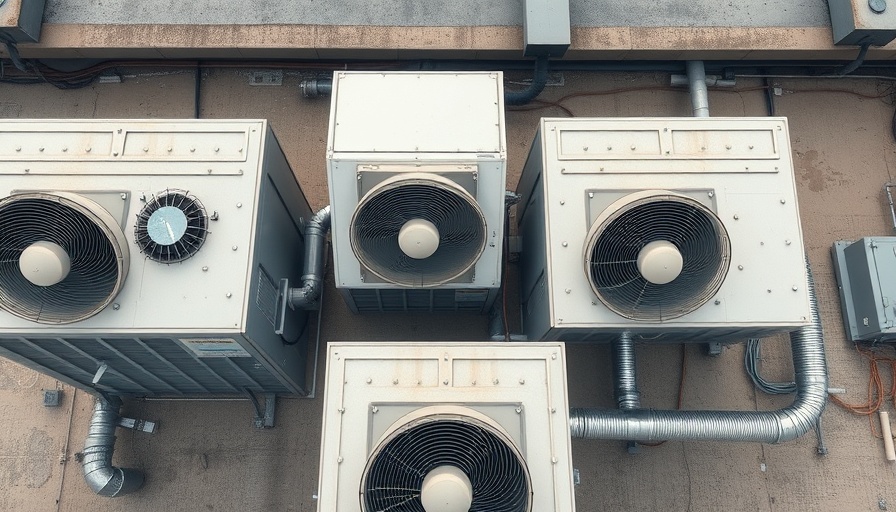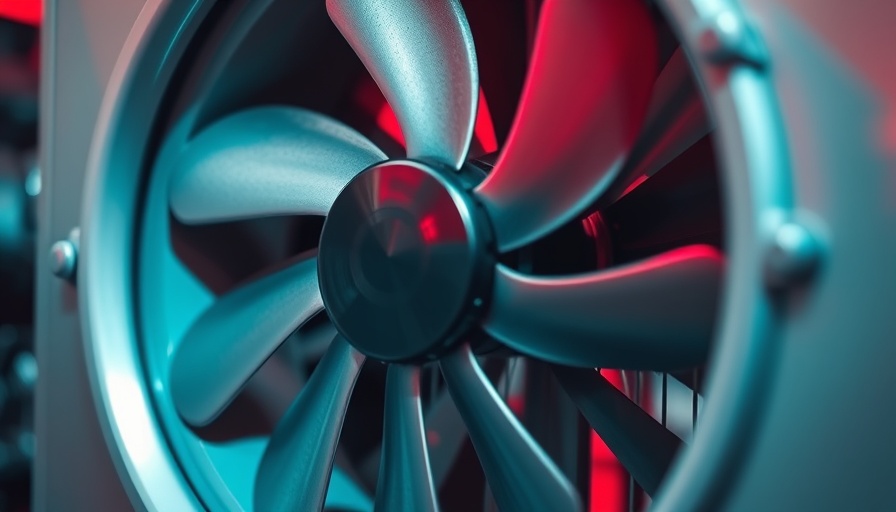
Peppermint Oil: A Natural Solution for Bed Bugs?
For homeowners battling bed bug infestations, the search for safe, natural remedies often leads to peppermint oil. Known for its refreshingly potent scent, peppermint oil can indeed repel bed bugs and even kill some of them on contact. However, it’s not a stand-alone solution—understanding how to effectively use this oil is crucial.
The Science Behind Peppermint Oil
Bed bugs primarily target humans by using heat and carbon dioxide as signals to find their next meal. The strong menthol aroma in peppermint oil can mask these signals, making it harder for bed bugs to locate hosts. Furthermore, when applied directly, peppermint oil can dehydrate and kill the bugs it touches. Nevertheless, it is ineffective against bed bug eggs or hidden clusters, meaning it is best used as just one component of a comprehensive pest management strategy.
Professional vs DIY Pest Control
Many homeowners are tempted by the DIY approach, intrigued by the notion of treating their homes with natural substances like peppermint oil. It’s vital to remember, however, that the most effective route for treating bed bugs typically involves professional pest control services. Estimates show that treatments can range from $500 to $1,500, depending on factors such as the severity of the infestation and chosen methods—be it heat or chemical treatment.
When to Use Peppermint Oil
If you decide to experiment with peppermint oil, consider it a part of your broader treatment arsenal. Utilize it in conjunction with other strategies, while remaining vigilant for signs that indicate it's time to call in the experts. Combining your efforts can help ease your stress while addressing this intrusive problem.
Final Thoughts
Navigating a bed bug infestation can be overwhelming. While peppermint oil provides a natural option, the importance of professional guidance cannot be overstated. Stay proactive in your prevention and treatment efforts and ensure a clean, bug-free home.
 Add Row
Add Row  Add
Add 




Write A Comment